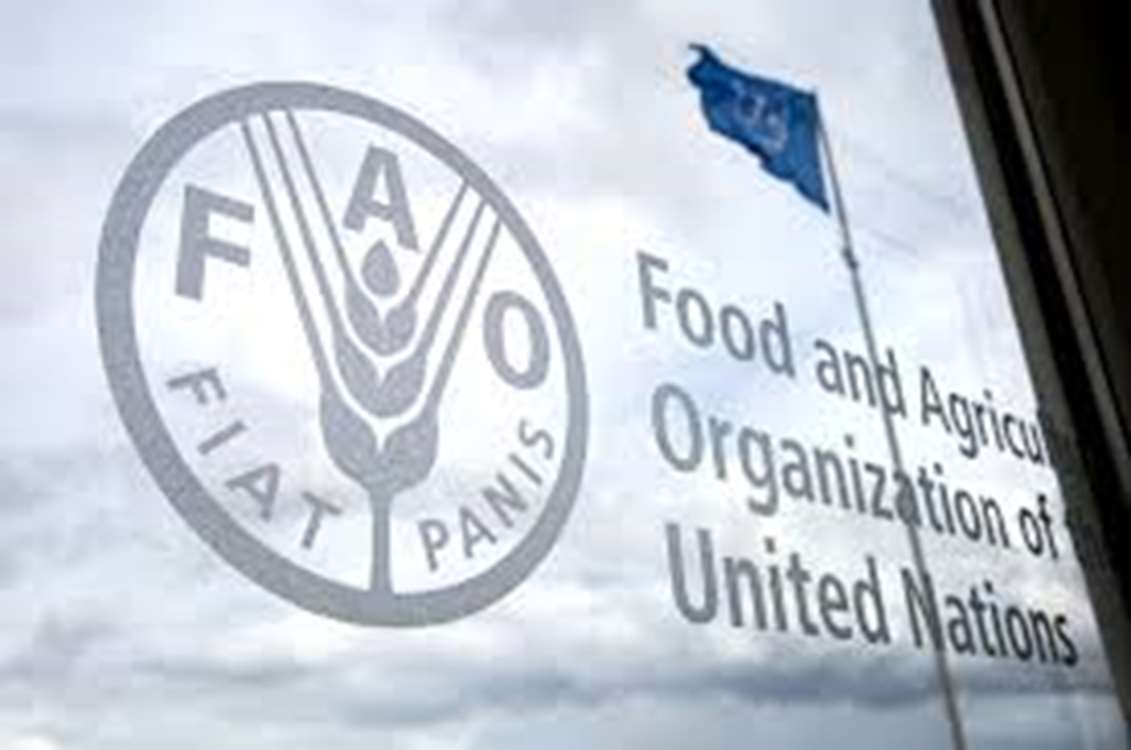FAO shares international expertise and knowledge with Iran in Early Warning Early Action systems

FAO shares international expertise and knowledge with Iran
in Early Warning Early Action systems
FAO, in collaboration with its national counterparts in Iran and
Mongolia, facilitates the sharing of good practices and lessons learned in
Disaster Risk Reduction and resilience-building between the two countries.
The Food and
Agriculture Organization of the United Nations (FAO) in close partnership with
its national stakeholders in Iran and Mongolia organised a knowledge-sharing
event for Iranian experts, providing a unique opportunity to transfer technical
expertise and international experiences in Dzud Early Warning Early Action
(EWEA) systems between the two nations.
According to a
press release published by the FAO Representation in the Islamic Republic of
Iran, the event focused on discussing different aspects of successful
implementation of Dzud Early Warning Early Action system in Mongolia, including
developing risk maps using nationwide and comprehensive meteorological network
data; crafting a functional procedure for on-time disseminations of analysed
information; and developing and taking anticipatory measures by national
authorities based on the latest update.
As presented in the
webinar, the FAO-supported project in Mongolia not only allows national
authorities to mitigate the negative impacts of disasters and reduce
large-scale damages and losses caused to the agriculture sector but also,
through delivering immediate assistance, it contributes to the improvement of
food security in the affected rural communities and the empowerment of
vulnerable population to maintain their livelihoods during the disaster and
rebuild them in post-disaster periods.
In this regard, the
achieved results demonstrated how such measures are cost-effective for the
national government as every USD 1 spent on early actions taken by authorities
to help the risk-prone households, returns more than USD 7 in benefits –
reduced damages and losses – to each disaster-affected family.
At the outset of
webinar, Mr Shukri Ahmed, FAO Deputy Strategic Programme Leader on Resilience
highlighted the need to strengthen the global awareness and the shift from
managing disasters to managing risks. He urged the realisation of such by
employing preventive and anticipatory mechanisms and put in place necessary
actions and interventions to reduce risks and prevent them from turning to
disasters. Capacity building at all levels, from global to communities to
households is necessary to be able to absorb shocks and mitigate their
impacts. He added, “having good early warning information is only one
side of the equation; if we are not proactive enough in translating such
information to early action, it does not fully serve its purpose.”
“Early and
expedited actions in the pre-disaster situation, not only can save lives and
protect livelihoods from the immediate shocks caused by the natural hazard and
climate induced disasters but also would protect long-term development gains by
increasing the resilience of local communities over time,” said Mr Gerold
Bödeker, FAO Representative to the Islamic Republic of Iran in his statement
during the event, delivered by FAO-Iran Programme Consultant.
Mr Gerold Bödeker
also underscored the firm commitment by FAO to jointly work with Iran “to adopt
and establish early warning platforms and develop indicators and evidence-based
triggers to enable effective early actions against looming disasters.”
“The Organization
looks forward to increasing collaboration with the Government of the Islamic
Republic of Iran and the other counterparts in promoting climate-smart and
risk-reducing/proofing agriculture practices and strengthening disaster risk
management capacities,” emphasised FAO Representative to the Islamic Republic
of Iran in his concluding remarks.
Linking to the
current COVID-19 pandemic, the United Nations Resident Coordinator to Iran, Ms
Ugochi Daniels emphasised that “access to reliable data/information and robust
analysis, including early warning systems and early warning early action” is
more urgent and important than ever. She added that the COVID-19 pandemic
reinforces the call for multi-sectoral, multi-hazard and anticipatory
approaches that consistently integrate disaster and climate risk management and
strengthen the resilience of people, their livelihoods and the ecosystems they
depend on in a sustainable manner.
Describing the
benefits of establishing Early Warning Systems, Mr Vinod Ahuja, FAO
Representative in Mongolia asserted that such systems “helps anticipate the
impact of the disaster and allows all stakeholders to act early to overcome the
disaster with minimal losses. This has been a great step forward to being
prepared and building resilience”.
FAO, as the lead UN
agency dedicated to increasing the resilience of agricultural livelihoods and
food systems, will continue to work closely with partners to build inclusive,
resilient and sustainable societies, thereby, supporting countries to deliver
on their commitments on disaster risk reduction and climate change actions to
ensure risk-informed development.
SOURCE OF NEWS : http://www.fao.org/iran/news/detail-events/en/c/1296677/





